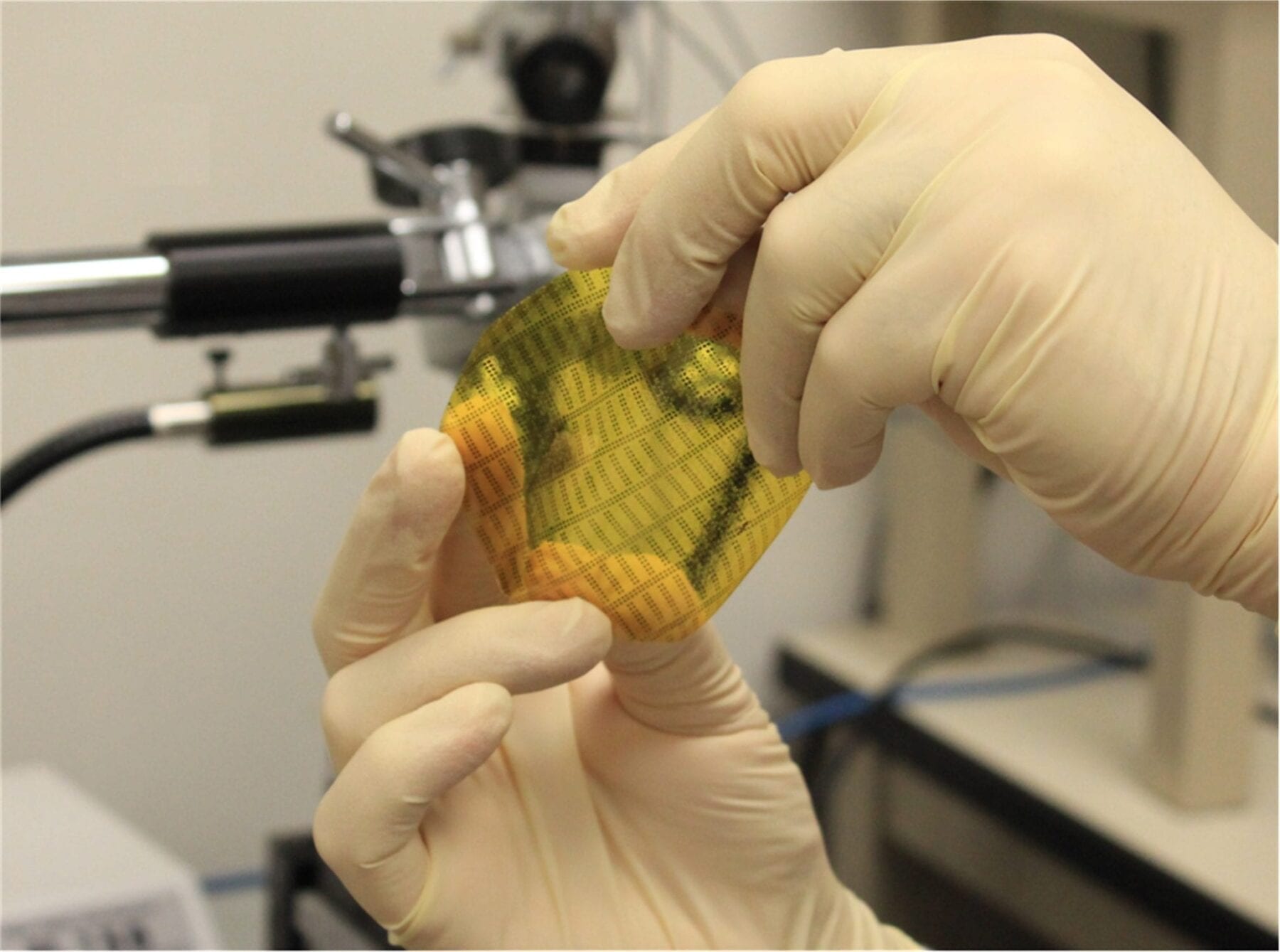
Mass.-General-developed technique could extend preservation times for blood cells, tissues and organs
Investigators from the Massachusetts General Hospital Center for Engineering in Medicine (MGH-CEM) have developed a simple method to maintain water and water-based solutions in a liquid state at temperatures far below the usual “freezing point” for greatly extended periods of time. While they currently have accomplished this for volumes of only a few ounces, their approach – described in the journal Nature Communications – may someday enable safe, extended preservation of blood cells, tissues and organs, along with improved food preservation.
“Water and other aqueous solutions in the sorts of volumes we deal with every day normally freeze when cooled below the freezing point of 0° C or 32° F,” says O. Berk Usta, PhD, of the MGH-CEM, co-corresponding author of the report. “Our approach, which we dubbed ‘deep supercooling,’ is simply to cover the surface of such a liquid with a solution that does not mix with water, like mineral oil, to block the interface between water and air, which is the major site of crystallization. This surprisingly simple, practical and low-cost approach to supercooling solutions for extended periods can enable many medical and food preservation methods, as well as fundamental experiments that were not previously possible.”
In most real-world environments, water and water-based solutions begin to freeze when the temperature reaches below 0° C/32° F, with ice crystals randomly forming where the liquids contact air or various impurities in the solution. Supercooling – reducing a liquid below its usual freezing point without crystallization – has been achieved for very small volumes and brief periods of time or by using high pressure equipment that is both costly and possibly damaging to tissues or other biological materials.
Reducing the temperature of any biological material – such as cold storage of perishable foods and organs for transplantation – slows down metabolic and other reactions. Supercooling extends this metabolic deceleration further without the damage caused by ice crystallization. Following upon observations by lead author Haishui Huang, PhD, the team first found that sealing the surface of a small (1 ml) water sample with a hydrocarbon-based oil – such as mineral oil, olive oil or paraffin oil – could suppress ice formation at temperatures as low as -13° C (around 9° F) for up to a week. Through a series of experiments both with more complex oils and with pure simple hydrocarbons, such as alcohols and alkanes, they succeeded in keeping 1 ml samples of water and cell suspensions supercooled at -20° C (-4° F) for 100 days and 100 ml (3.2 oz) samples for a week.
The team also demonstrated application of their deep supercooling method to the extended preservation of red blood cells. While red blood cells are usually stored at 4° C (39° F) for as long as 42 days, recent reports have suggested that cell quality at that temperature begins to decline after around 14 days, and irreversible cellular injury sets in after 28 days, challenging current blood banking practice. The MGH-CEM team’s preliminary experiments indicated that their deep supercooling approach could safely preserve red-blood-cell suspensions of up to 100 ml at -13° C for as long as 100 days, more than doubling the current storage time.
“We currently are conducting experiments to increase the volume of red blood cell storage samples up to the more clinically relevant 300 to 500 ml range,” says Usta, who is an assistant professor of Surgery at Harvard Medical School. “We also are working on applying this method to other cells and on translating it to large tissues and whole organs like the liver. Along with potential applications in medicine and food preservation, we also believe this invention could be used to study chemical reactions in the liquid state at low temperatures without the usual costly and complicated high-pressure equipment.”
Learn more: Novel approach keeps liquids from freezing at very low temperatures for extended periods
The Latest on: Deep supercooling
[google_news title=”” keyword=”deep supercooling” num_posts=”10″ blurb_length=”0″ show_thumb=”left”]
via Google News
The Latest on: Deep supercooling
- Top 6 Best Outdoor Deep Fryers in 2024on April 27, 2024 at 10:35 am
An exterior deep fryer brilliantly merges outdoor enjoyment with the joy of cooking. It serves as the perfect culinary tool for those with a passion for fried food but prefer not to confine ...
- Best telescopes for deep space 2024on April 27, 2024 at 5:32 am
If you're looking to view deep space, you'll need a specialist telescope designed to let in more light than one of the standard best telescopes. The best telescopes for deep space have larger ...
- Top 7 Best Deep Fryers With Oil Filtration in 2024on April 26, 2024 at 5:00 pm
Deep-frying is inextricably linked with oil. Those who adore the taste of fried foods understand that the unique allure of a crunchy bite is unbeatable. However, a top-notch deep fryer with oil ...
- How deep does life go?on April 25, 2024 at 5:01 am
Geologist James Powell chronicles the evolution of our understanding of life in the deep-sea biosphere. By James Lawrence Powell / MIT Press Reader | Published Apr 25, 2024 8:00 AM EDT This ...
- Deep Skyon April 23, 2024 at 5:00 pm
10:55amstart time has already passed for this movie ...
- How Much Does Deep Cleaning a House Cost? (2024 Guide)on April 22, 2024 at 7:57 am
The average cost to deep clean a home ranges from $200 to $400. Some of the factors that affect the exact cost include the size and type of home, the number of rooms to be cleaned, and the extent ...
- The Deep State Lies in Wait for Trumpon April 15, 2024 at 2:03 pm
The deep state will attempt to undercut him even more than it did in his first term. Conservatives need to understand that winning an election isn’t enough. The winner needs a concerted plan to ...
- Trump, the ‘Deep State’ and the New York Timeson April 12, 2024 at 3:41 pm
It seems that some wokesters in the New York Times newsroom like Israel even less than they like the United States. But maybe the newspaper’s problems go beyond young staffers who learned in ...
- Scientists explore deep sea around Easter Island, find strange animalson April 10, 2024 at 5:00 pm
A Bathyphysa siphonophore, or a "flying spaghetti monster," spotted in the deep sea near the Salas y Gómez Ridge in the Pacific Ocean. Credit: Schmidt Ocean Institute The mountains of the ocean ...
via Bing News











